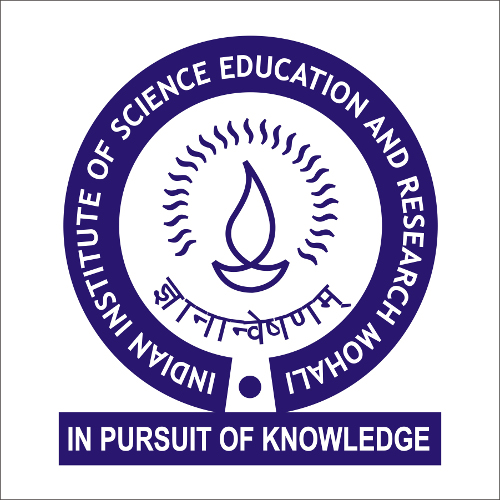Forthcoming Events
Unlocking the secrets of grain quality and nutrition
Dr. Nitin Uttam Kamble, Postdoctoral Scientist, John Innes Centre, Norwich, United Kingdom
Location : Online
Abstract: Ensuring the quality and nutrition of food grains can play a pivotal role in food security. In the first half of my presentation, I will discuss how protein repair enzyme (PRE) Protein L-isoaspartyl methyltransferase (PIMT) plays a key role in controlling agronomically important seed traits in rice. PIMT is known for its role in maintaining the native structure and function of proteins by catalyzing the repair of L-isoaspartyl residues back to L-aspartyl residues. Our research has established PIMT's significance in enhancing seed vigor and longevity in orthodox rice seeds. Through a comparative analysis of orthodox (Oryza sativa) and recalcitrant (Oryza coarctata) rice seeds, we reveal distinct regulation of PIMT by ABA and ABI transcription factors during seed maturation. This distinct regulation contributes to desiccation tolerance and subsequent longevity, as PIMT repairs ABI-TF in orthodox seeds but not in recalcitrant seeds. Furthermore, our research investigates PIMT's role in other essential seed traits, such as seed length and weight, showcasing its multifaceted influence on agronomically important seed traits through its interaction with enolase.
In the latter part of my talk, I will discuss the significance of starch, the primary storage carbohydrate in endosperms and a crucial source of calories in human diets. In wheat grains starch forms two distinct types of granules: large discoid A-type granules and small spherical B-type granules. Our findings reveal an indispensable role for PHS1 in wheat and demonstrate that A- and B-type granule initiations occur through distinct biochemical mechanisms. PHS1 can efficiently elongate short maltooligosaccharides invitro, but decades of research have failed to find a clear role for this enzyme in plants. Our discovery of phs1 mutants in wheat having fewer B-type granules represents a significant milestone, as varieties with reduced B-type granules are desirable for various industrial applications.
Meeting ID: 931 4738 6471
Passcode: 615251
In the latter part of my talk, I will discuss the significance of starch, the primary storage carbohydrate in endosperms and a crucial source of calories in human diets. In wheat grains starch forms two distinct types of granules: large discoid A-type granules and small spherical B-type granules. Our findings reveal an indispensable role for PHS1 in wheat and demonstrate that A- and B-type granule initiations occur through distinct biochemical mechanisms. PHS1 can efficiently elongate short maltooligosaccharides invitro, but decades of research have failed to find a clear role for this enzyme in plants. Our discovery of phs1 mutants in wheat having fewer B-type granules represents a significant milestone, as varieties with reduced B-type granules are desirable for various industrial applications.
Meeting ID: 931 4738 6471
Passcode: 615251

